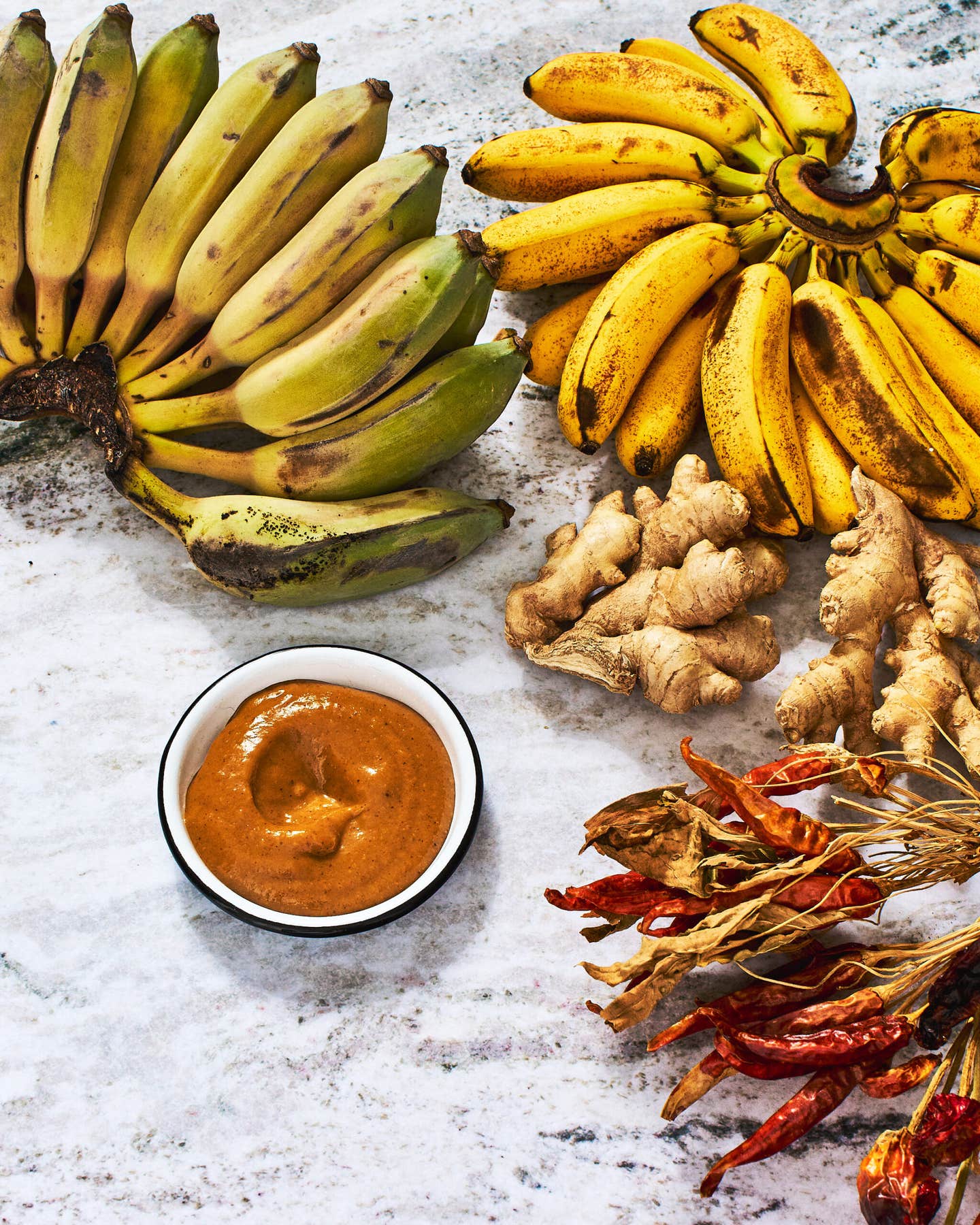
A Greek Sweet Worthy of Indulgence
The calendar of the Greek Orthodox Church is packed with feast days, which is a good thing if you like food, especially sweets. Over the centuries, home cooks in Greece have developed a diverse repertoire of desserts that includes everything from simple semolina cakes like revani to baklava to sumptuous custard desserts. An orange-flavored cake, called portokalopita, made by Haroula Daskalakis, a home cook in Crete, is in my estimation possibly the ultimate Greek dessert. It's both crunchy and creamy, tangy and sweet, caramelized and fruity. But as with many Greek foods, its ingredients are as much Middle Eastern as they are European. The crisp phyllo pastry, the semolina-thickened custard, and the delicate sugar syrup—all are hallmarks of Middle Eastern pastry making. Only the lavish amount of olive oil, used instead of the butter typically favored in Turkey or the Arab world, seems to confirm that it is truly Greek. The fact is, a whole category of olive oil-based desserts has evolved in Greece—thanks, once again, to the Orthodox church, which calls for the pious to observe dozens of fast days during which the consumption of meat and animal fats is forbidden. In truth, then, portokalopita (see Orange Cake) has as much to do with fasting as it does with feasting, a fact that in no way diminishes its appeal.
Keep Reading
Continue to Next Story










